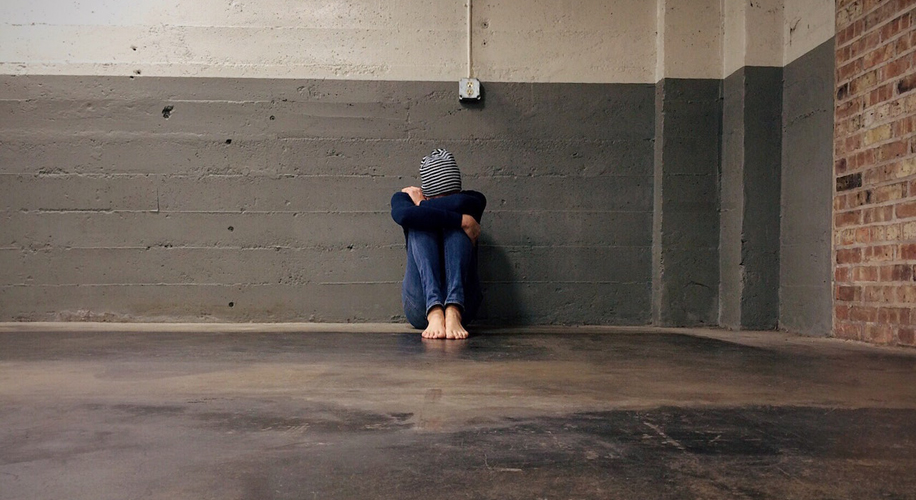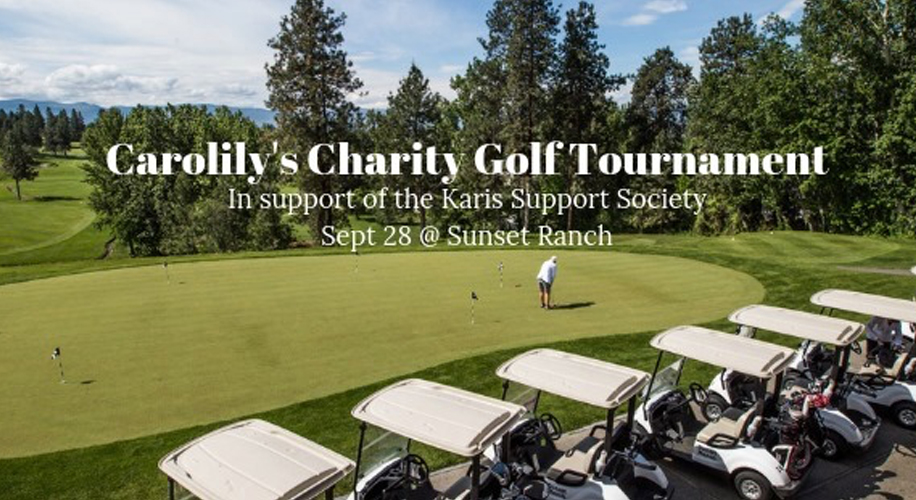We’ve all heard the word, but have we suffered at the hand of it?
The definition of a ‘stigma’ is a ‘mark of disgrace associated with a particular circumstance, quality, or person.’
Just reading that definition alone highlights how harsh and damaging applying stigmas is. Would you want a stigma attached to you? I think the answer is obvious.
Beyond its definition, stigmas can be further broken down into three main types:
- Stigma associated with mental illness
- Stigma associated with physical deformation
- Stigma attached to identification with a particular race, ethnicity or ideology
Of particular relevance to Karis is number one on this list. The Stigma often placed on people (in our case women) can lead to them avoiding or resisting help. It’s difficult to admit you have addiction issues or mental illness if you are then judged by friends, colleagues or family. It’s like being placed in an additional box when you’re already battling to escape the entrapment of addiction.
We are all human. If we start with that basic concept and work back from there, then we’d learn to be kinder and more understanding to those fighting the grips of drugs and alcohol. Addiction is a disease. If a woman has taken the bold, overwhelming step to admit she needs help, we should take her hand in ours and whisper words of encouragement and support.
When you are feeling overwhelmed, scared, alone and helpless, it can take a simple, judgement, down-the-nose stare from a passerby to push you over the edge. Likewise, a kind word, gentleness and no judgement can push women battling addiction to take the all-important brave first step.
We should all take the time to listen. Have you considered what that woman living on the streets has gone through? Yes, we can say, ‘she made poor choices.’ But do you know her full story? What about your work colleague whose breath gives their alcoholism battle away? What about that young girl with the sad eyes? Addiction is convoluted and can affect anyone. People develop addictions for a whole host of reasons. It can be unexpected life events, grief, abuse, genetics, biology and chronic stress. The list goes on. Addiction almost always begins as a way to numb trauma or pain. Or it can be ONE poor choice that marks the beginning of a can’t-stop spiral.
If you or any woman you know needs help, start by assuring them that they are brave and respected for taking that first step. Let’s change what our eyes see, and allow our hearts to do the work.




